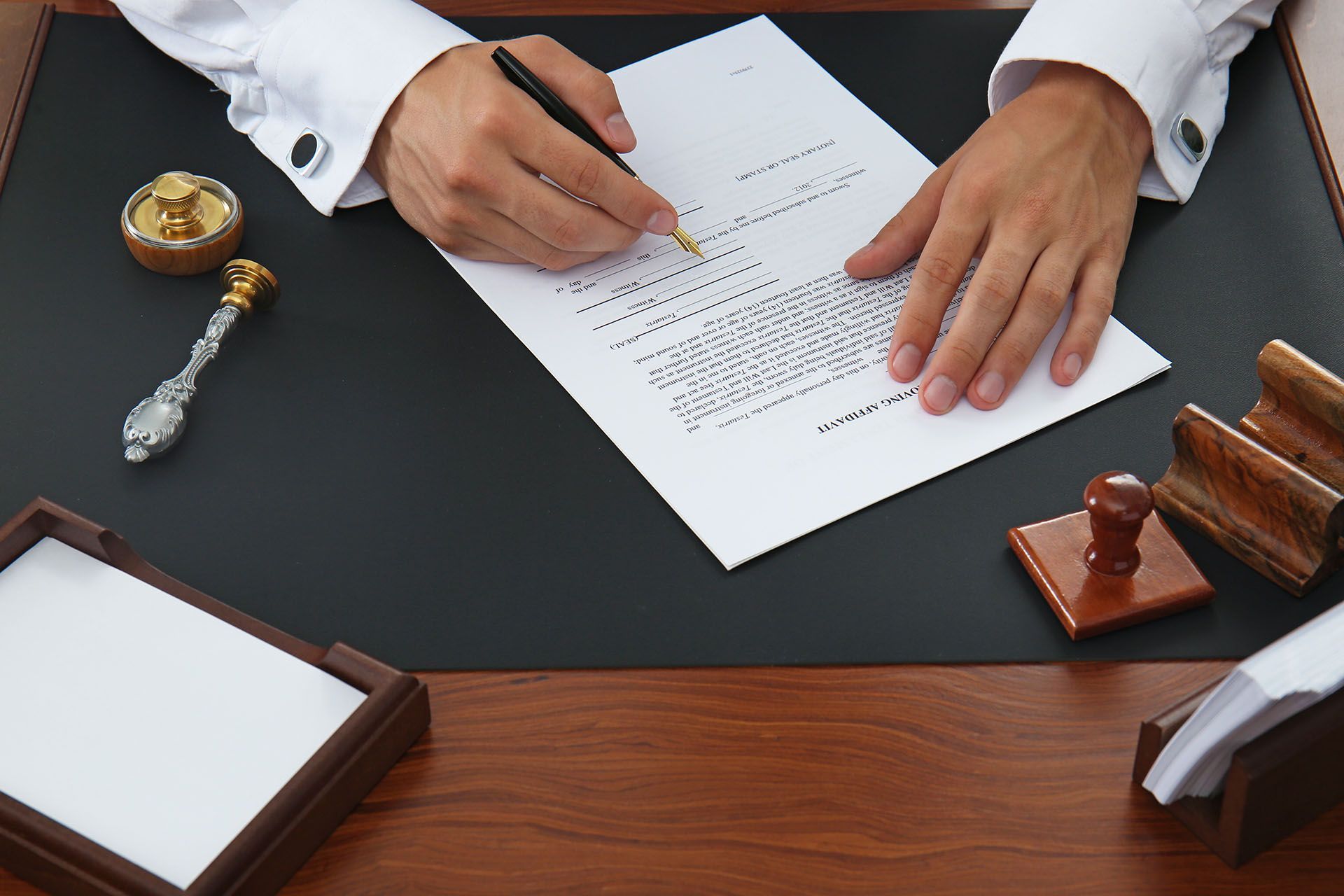Recording and Observation of Physical and Mental Examinations
Requests for physical and mental examinations in Texas are governed by Rule 204 of the Rules of Civil Procedure.[1] While much may be written about the procedural mechanics of obtaining an order compelling an examination, the focus here is on the rules governing whether these examinations may be recorded or attended by third party observers.
Some parties may agree to an examination. When no agreement is reached, the decision on whether to allow an examination is within the discretion of the trial court. The court may place reasonable limits regarding the time, place, manner, conditions, and scope of the examination.[2]
Recording and Observation are Treated the Same
While many cases discuss observers, courts do not distinguish between recording and a third party observer.[3] “[C]ourts consider the presence of a recording device to be an indirect form of a third-party presence, though less intrusive….”[4]
As such, the law is generally the same for both recording and third party observation.
Courts Strongly Disfavor Recording and Observation
Both state and federal courts strongly disfavor recording and third-party observation of examinations.[5]
Rationale for Exclusion of Recording and Observation
The courts provide myriad reasons for the exclusion of observers/recording. Generally, “the presence of an attorney has a high probability of causing adverse effects on the examination, including the injection of an adversarial atmosphere into the examination and the possibility of making the attorney a witness.”[6]
Other cited reasons include the following:
- “The introduction of a human or mechanical presence – whether a lawyer, a stenographer, a tape recorder, or other instrumentality – changes the nature of the proceeding.”[7]
- “[A]n observer, a court reporter, or recording device would constitute a distraction during the examination and work to diminish the accuracy of the process. [An observer could] potentially distract the examining [physician] and examinee thereby compromising the results of the examination. Moreover, the presence of the observer interjects an adversarial, partisan atmosphere into what should be otherwise a wholly objective inquiry.... The Court finds that the presence of the observer would lend a degree of artificiality to the examination that would be inconsistent with the applicable professional standard.”[8]
- “[A]llowing an observer or recording subverts the purpose of the rule allowing examinations, which is to put both the plaintiff and the defendant on an equal footing regarding the evaluation of the party's medical or psychological status….[9]
- "[W]here one party has been examined by his or her doctors outside the presence of others or recording devices—the other party should be given the same equal opportunity.”[10]
- “[V]ideotape would give Plaintiffs an evidentiary tool unavailable to Defendant, who has not been privy to physical examinations made of [the plaintiff] by either his treating physicians or any experts he may have retained.”[11]
Rare Situations Warrant Recording and Observation
Although the general rule is to exclude recording and observation, some courts do permit this to some degree if there is a showing of special circumstances.[12] These “special circumstances” may include
- Situations in which the examinee is a minor
- Where the examinee does not speak English
- Where the examinee suffers from a disability that could impair his ability to communicate what occurs during the exam to his own attorney; and
- Other situations where the evidence suggests that recording would be advisable.[13]
The cases tend to focus on whether an attorney may attend the IME. However, many of the “special circumstances” may be obviated by allowing a family member to attend the IME. The effect of permitting family members to attend has not been reported in the case law. Regardless, this would appear to be a simple fix and in line with traditional physician exams in which family members accompany each other to office visits.
Conclusion
Generally, courts strongly disfavor recording and third-party observation of physical/mental examinations. Some exceptions may apply in rare circumstances, the presence of which may be heavily litigated.
Although examining physicians may have specific reasons for allowing or even encouraging recording/observation of IMEs, they are free to reject recording and third party observation as part of any IME protocol.
If the court or the parties agree that special circumstances warrant otherwise, the physician may be asked to permit recording/observation.
[1] The federal equivalent is found within Rule 35 of the Federal Rules of Civil Procedure. Texas state courts have generally looked to federal court cases as persuasive authority on the topic of recording/observing IMEs. Much of what is written below stems from either federal cases or Texas state cases drawing upon holdings in federal cases.
[2] In re UV Logistics, 682 S.W.3d 612 (Tex. App. – Houston 1st District 2023); see also Tex. R. Civ. P. 204.1(d).
[3] In re UV Logistics, 682 S.W.3d at 619 (citing to Holland v. U.S., 182 F.R.D. 493, 495 (D.S.C. 1998)).
[4] In re UV Logistics, 682 S.W.3d at 619 (citing to Tomlin v. Holecek, 150 F.R.D. 628 (D. Minn. 1993)).
[5] In re Soc'y Our Lady of the Most Holy Trinity, 622 S.W.3d 1 (Tex. App. – Corpus Christi 2019) (“Under federal law, third-party observations and recordings of examinations are disfavored.”); In re UV Logistics, 682 S.W.3d at 619; In re Boerne Hotel, Ltd., 13-23-00437-CV (Tex. App. – Corpus Christi Feb 14, 2024) (“All examinations conducted pursuant to Rule 204 are litigation-driven, and such examinations are not recorded as a matter of course.”); In re Redbird Trails Apartments, No. 05-20-00284-CV (Tex. App. – Dallas Jun 24, 2020) (Thus, in the absence of proof of special circumstances or a particularized need for videotaping or having an attorney present at the opposing party's examination, one party should not be required to videotape the examination when the other party did not.”); In re The Complaint & Petition of Callan Marine, Ltd., Civil Action 4:21-cv-01938 (S.D. Tex. Sep. 8, 2021) (“[T]he overwhelmingly majority of district courts to consider the issue have refused to permit third-party observers, including attorneys, from attending Rule 35 examinations.”).
[6] William Scott Wyatt & Richard A. Bales, The Presence of Third Parties at Rule 35 Examinations, 71 Temp. L. Rev. 103, 127 (1998); See also Jackson v. Harris Cnty., No. H-17-3885, 2019 WL 2544058, at *1 (S.D. Tex. June 20, 2019) (refusing to allow plaintiff's counsel to attend a medical examination because a lawyer's attendance constitutes a distraction and introduces an adversarial character into the process).
[7] Ornelas v. S. Tire Mart, LLC, 292 F.R.D. 388, 395–397 (S.D. Tex. 2013) (collecting cases).
[8] Romano v. II Morrow, Inc., 173 F.R.D. 271, 273-74 (D. Or. 1997) (quoting Shirsat v. Mutual Pharm. Co., 169 F.R.D. 68, 70–71 (E.D. Pa. 1996)).
[9] Tarte v. United States, 249 F.R.D. 856, 859 (S.D. Fla. 2008).
[10] In re Soc'y Our Lady of the Most Holy Trinity, 622 S.W.3d at 13.
[11] Holland v. U.S., 182 F.R.D. 493, 495 (D.S.C. 1998).
[12] In re UV Logistics, 682 S.W.3d at 623.
[13] Id.




